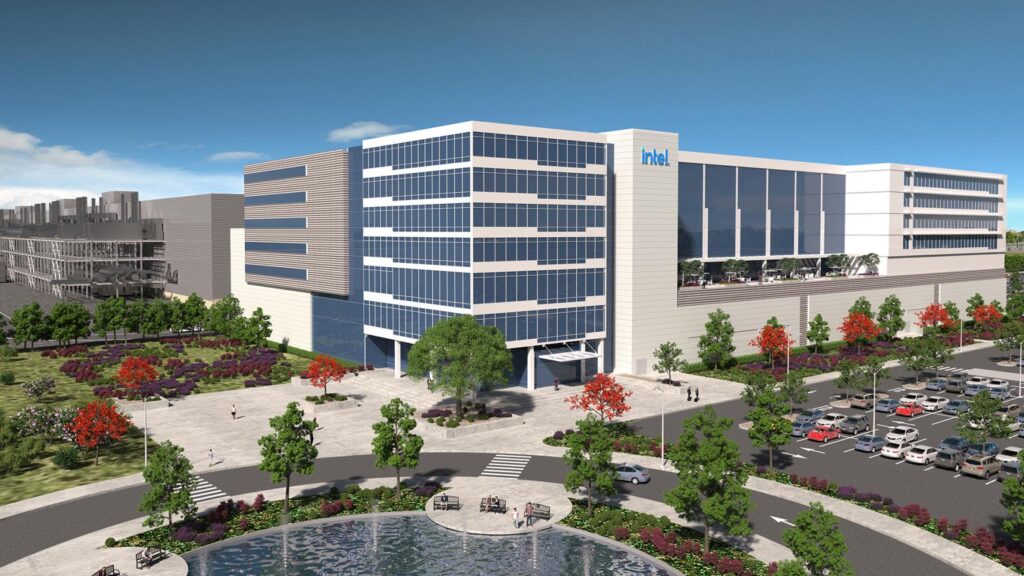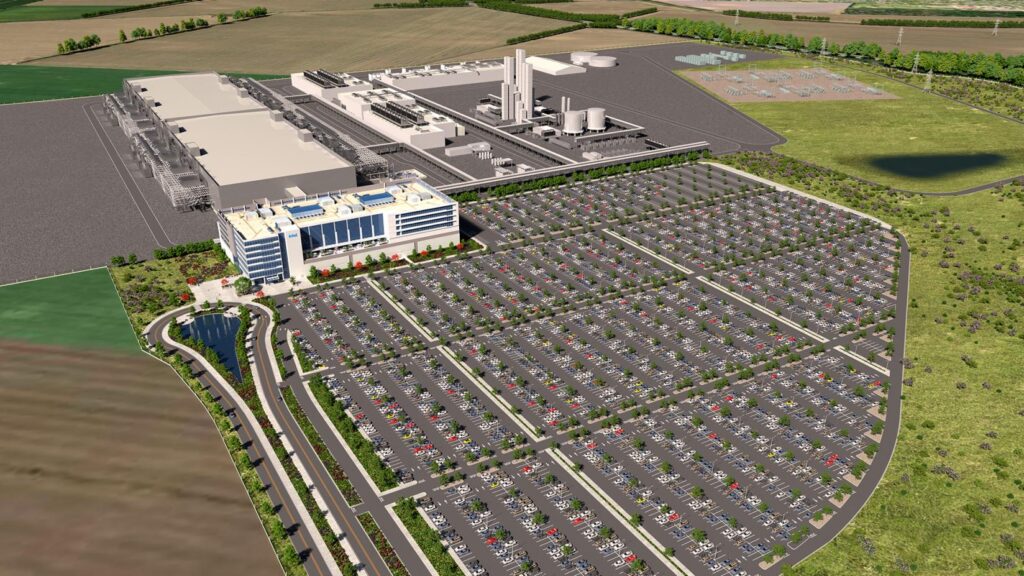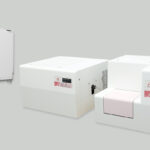ASIA ELECTRONICS INDUSTRYYOUR WINDOW TO SMART MANUFACTURING
Intel Eyes €33B to Fund New Fab, R&D in Europe
Intel Corporation has announced the first phase of its plans to invest as much as €80 billion in the European Union over the next decade along the entire semiconductor value chain. Particularly, the investments will cover from research and development (R&D) to manufacturing, and to state-of-the art packaging technologies.
Especially, the announcement includes plans to invest an initial €17 billion into a leading-edge semiconductor fab mega site in Germany. The aim is to create a new R&D and design hub in France. Moreover, it also targets to invest in R&D, manufacturing, and foundry services in Ireland, Italy, Poland, and Spain.
With the investment, Intel plans to bring its most advanced technology to Europe. Moreover, creating a next-generation European chip ecosystem and addressing the need for a more balanced and resilient supply chain.

Pat Gelsinger, Intel Chief Executive Officer, said, “Our planned investments are a major step both for Intel and for Europe. The EU Chips Act will empower private companies and governments to work together to drastically advance Europe’s position in the semiconductor sector.”
“This broad initiative will boost Europe’s R&D innovation and bring leading-edge manufacturing to the region for the benefit of our customers and partners around the world. We are committed to playing an essential role in shaping Europe’s digital future for decades to come,” Gelsinger added.
Leading-Edge Manufacturing Capacities
The investment program centers around balancing the global semiconductor supply chain with a major expansion of Intel’s production capacities in Europe. In the initial phase, Intel plans to develop two first-of-their-kind semiconductor fabs in Magdeburg, Germany. Planning will start immediately, with construction expected to begin in the first half of 2023 and production planned to come online in 2027.
Intel sees the new fabs delivering chips using their most advanced Angstrom-era transistor technologies. Hence, serving the needs of both foundry customers and Intel for Europe and globally as part of the company’s integrated device manufacturer (IDM) 2.0 strategy.
The initial €17 billion investment in Germany will also create 7,000 construction jobs over the course of the build along with 3,000 permanent high-tech jobs. In addition, tens of thousands of additional jobs across suppliers and partners.

Other Investments
Intel is also continuing to invest in its Leixlip, Ireland, expansion project, spending an additional €12 billion. Moreover, it will double the manufacturing space to bring Intel 4 process technology to Europe and expand foundry services. Once complete, this expansion will bring Intel’s total investment in Ireland to more than €30 billion.
In addition, Intel and Italy have entered into negotiations to enable a state-of-the-art back-end manufacturing facility. With a potential investment of up to €4.5 billion, this factory would create approximately 1,500 Intel jobs plus an additional 3,500 jobs across suppliers and partners. Operations to start between 2025 and 2027.
Furthermore, Intel and Italy aim to make this facility a first of its kind in the EU with new and innovative technologies. This would be in addition to the foundry innovation and growth opportunities Intel expects to pursue in Italy based on its planned acquisition of Tower Semiconductor. Tower has a significant partnership with STMicroelectronics, which has a fab in Agrate Brianza, Italy.
Accordingly, Intel plans to spend more than €33 billion on these manufacturing investments. By significantly increasing its manufacturing capacities across the EU, Intel would lay the groundwork to bring various parts of the semiconductor value chain closer together and increase supply chain resiliency in Europe.




